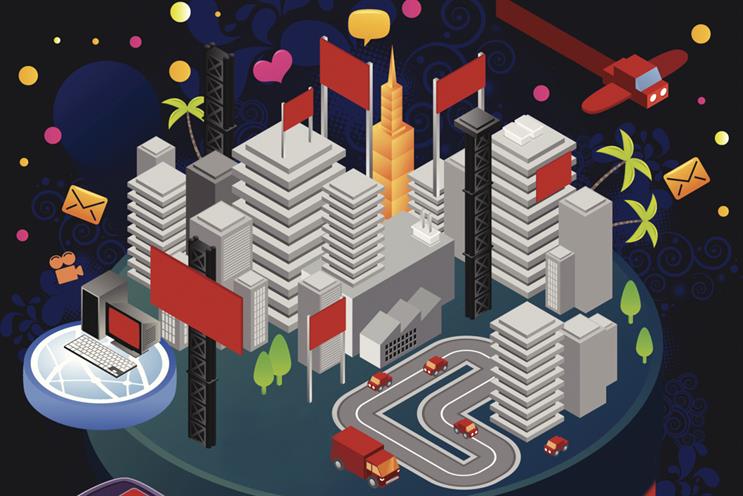It’s long been coming, and arguably the opportunity is already upon us. Now is a pivotal time to redefine the future role of the media agency and the value it delivers.
Data empowerment, disintermediation, transparency, globalisation, and diversification are but some of the key variables that will inevitably lead to a radical change in approach. The rules that once defined the media agency model are blurring before our eyes.
Compound that with the fact that the media agency community has struggled to justify the value of its services beyond the core product function, and it’s clear that we’ve been our own worst enemies, not least by constantly under-cutting each other in an over-supplied market with an array of substitutable services. The discipline has been under attack for some time now – from trust and transparency to commoditisation – and we’ve allowed ourselves to become categorised and homogenised as a result.
There’s no antidote or magic pill to suddenly transform our fortunes. The consolidation or integration seen at Havas or Group M may help create bottom-line efficiencies, but will it really benefit their clients?
In other "middle-men" categories like music, travel and property, disruption creates opportunity. As new entrants, competitors and consultants emerge, we need to prove the value of media beyond the traditional arguments of scale and how cheaply we can buy it. In this new landscape, being the biggest kid on the block won’t cut it in quite the same way.
We’re consistently guilty of talking about everything we do, but not necessarily about what matters or what’s important to our clients. Understanding the future role of the media agency needs us to take stock – how do we re-build trust in the supply chain, how do we build confidence in our ability to handle data, how do we become stronger, strategic business partners?
To my mind, we have to transition the focus from what we do to how we do it.
It’s already clear from Net Promoter Score-based surveys that clients are more engaged with how the agency delivers, not what it delivers. It’s a question of substance over style. And while the fundamentals of what we do haven’t really changed, what makes the ‘how’ more important is the pace of change and complexity that now exists.
The better media agency of the future will have to be more scientific, harnessing the power of data in a more transparent, objective, collaborative and empowering way. It will be more crafted and artful in terms of how it drives the power of connection, giving clients the confidence that all the communications possibilities have been examined from the mainstream to the most unexpected. It will also be focused on arranging media to deliver proven outcomes for the brand or business.
Another key factor will be its ability to optimise the ecosystem of influential relationships: in essence how it interacts with its holding company, clients and media owners/platforms.
It will need to be more agile, and structured around client needs rather than constrained by organisational silos. Holding companies will therefore need to become leaner and more empowering to help fuel this agility, as layers of unnecessary infrastructure create inertia and confusion.
In an increasingly disposable world, it will also need to have more progressive relationships with clients built on mutual benefit. The progressive agency uses education and collaboration with marketers to ensure media is a driver of growth, like distribution and NPD, and not just a discretionary cost that needs to be justified.
We also need a new breed of open-minded clients willing to push the boundaries to drive innovation. Some are already doing a great job, but we need more. Client institutions like ISBA should ensure there is a more balanced dialogue around media and agency relationships to ensure we all move forward together in the same direction.
Lastly, the agency of the future will be flexible. Increased personalisation means that large, one-size-fits-all volume deals will become increasingly cumbersome and inefficient. We still clearly need to find the balance between mass reach and hyper-personalisation, and this will vary by client and by brief. We need to ensure our media owner/platform relationships are set up to deliver highly individualised solutions, not factory-produced media plans.
Given the accelerated pace of change in our business, we’re always adapting in real-time to new situations. As one bright spark said: "life is 10% what happens to you and 90% how you react". The media agency world owes it to ourselves to invest more time in that 90% for a sustainable future, for our talent and our clients. This will mean tough choices, like placing long term product over short term profit, to take a more holistic view of the role and value we offer.
The media agency is dead; long live the media agency.
Russell Place is managing director of UM London


